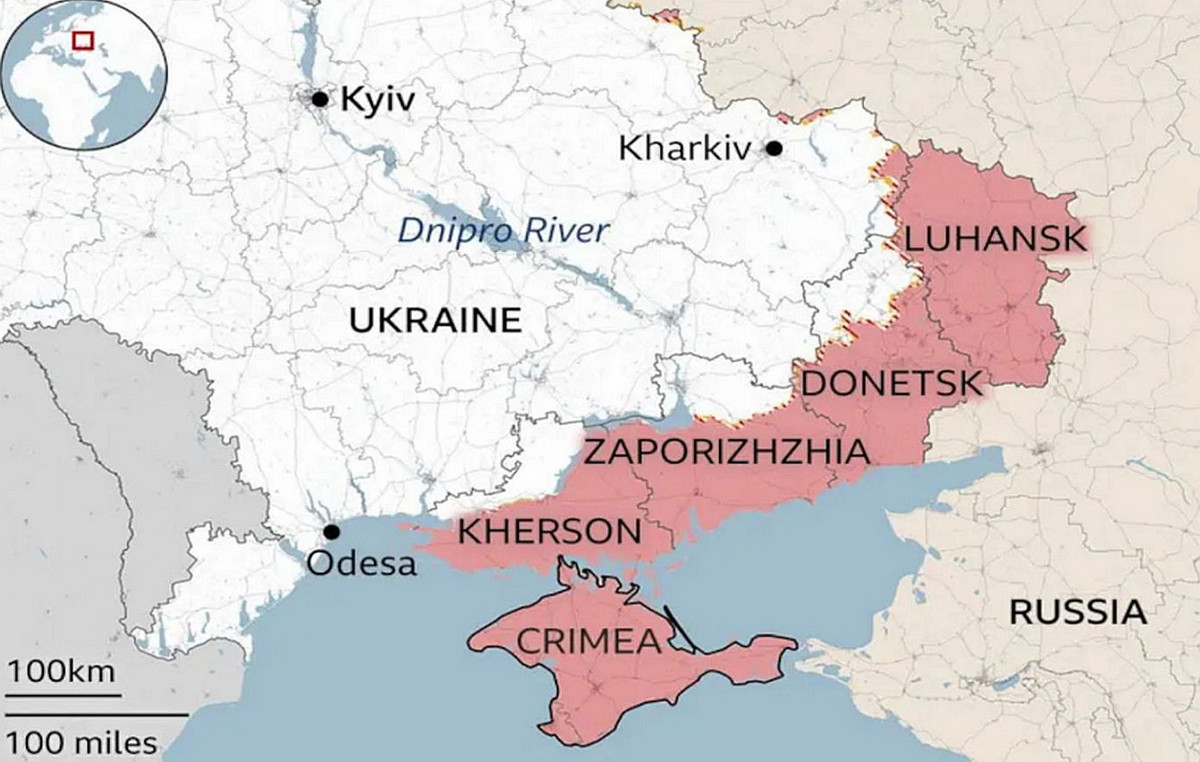JPMorgan Chase CEO Jamie Dimon warned investors on Wednesday to prepare for the impending economic “hurricane” as a result of the Federal Reserve’s tightening of grip and the effects of Russia’s war in Ukraine.
The head of the largest US bank even urged the US Federal Reserve to take strong measures to avoid leading the world’s largest economy into recession.
Dimon’s comments come just a day after US President Jo Biden met with Federal Reserve Chairman Jerome Powell on inflation, which in the US is close to 40.
Dimon, in fact, appeared much more anxious than just a few days ago, when during a bank investment conference he spoke of “storm clouds”, as noted by CNBC.
“I’m talking about storm clouds, but I’m changing; it ‘s a hurricane,” Dimon told a news conference in New York on Wednesday. is “small or deadly”.
Investors are already preparing for the end of the Federal Reserve’s cheap money season, as evidenced by the blow to equities since the end of last year at major tech companies.
High decades-old high inflation, exacerbated by supply chain problems and the coronavirus pandemic, has raised fears that the Fed will inadvertently lead the economy into recession in a bid to curb prices.
Although stocks have recovered from the sharp decline in recent weeks amid optimism that inflation may have peaked and is about to de-escalate, Dimon seems to be dampening those hopes.
“Right now we are seeing some sunshine, things are going well, everyone believes the Fed can handle the situation,” he said, adding that “the hurricane is ahead of us, it is coming our way.”
There are two main factors that concern Dimon: First, the fact that the Federal Reserve has said it will lift its contingent bond-buying programs and shrink its balance sheet at the same time. The so-called quantitative easing is scheduled to begin today and will intensify, reaching a rate of $ 95 billion a month.
“There has never been such a quantitative tightening before, so we are talking about something you could write history books for 50 years,” Dimon said. Several aspects of quantitative easing programs have “failed”, including negative interest rates, which he called a “huge mistake”.
Central banks “have no choice because there is too much liquidity in the system,” Dimon said, referring to the tightening of monetary policy. “They need to remove some of the liquidity to stop speculation, reduce house prices, etc.,” he said.
The second factor that worries Dimon is the war in Ukraine and its impact on commodities, including food and fuel. Oil “somehow has to go up” due to the turmoil caused by the worst European conflict since World War II, most likely reaching $ 150 or $ 175 a barrel, he said.
“Wars have a bad end, [προκαλούν] “We are not taking the right steps to protect Europe from what is going to happen to oil in the short term,” he said.
Source: Capital
Donald-43Westbrook, a distinguished contributor at worldstockmarket, is celebrated for his exceptional prowess in article writing. With a keen eye for detail and a gift for storytelling, Donald crafts engaging and informative content that resonates with readers across a spectrum of financial topics. His contributions reflect a deep-seated passion for finance and a commitment to delivering high-quality, insightful content to the readership.







